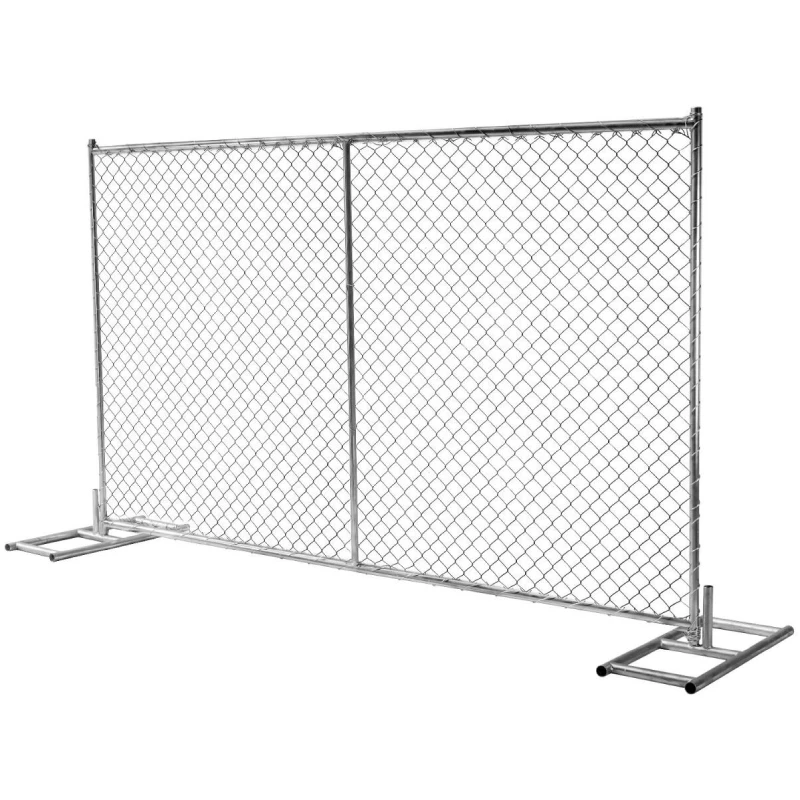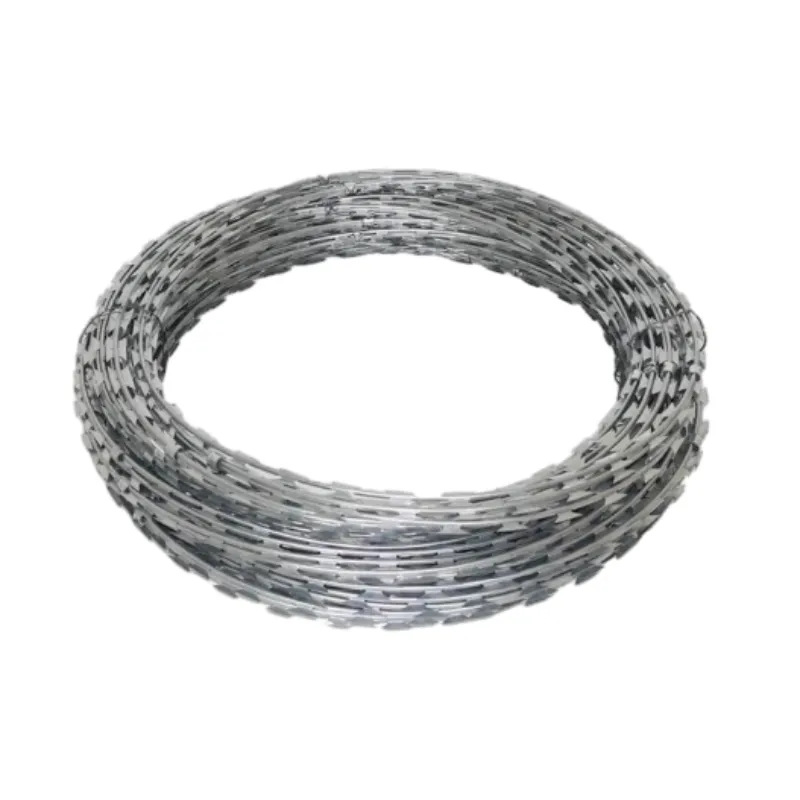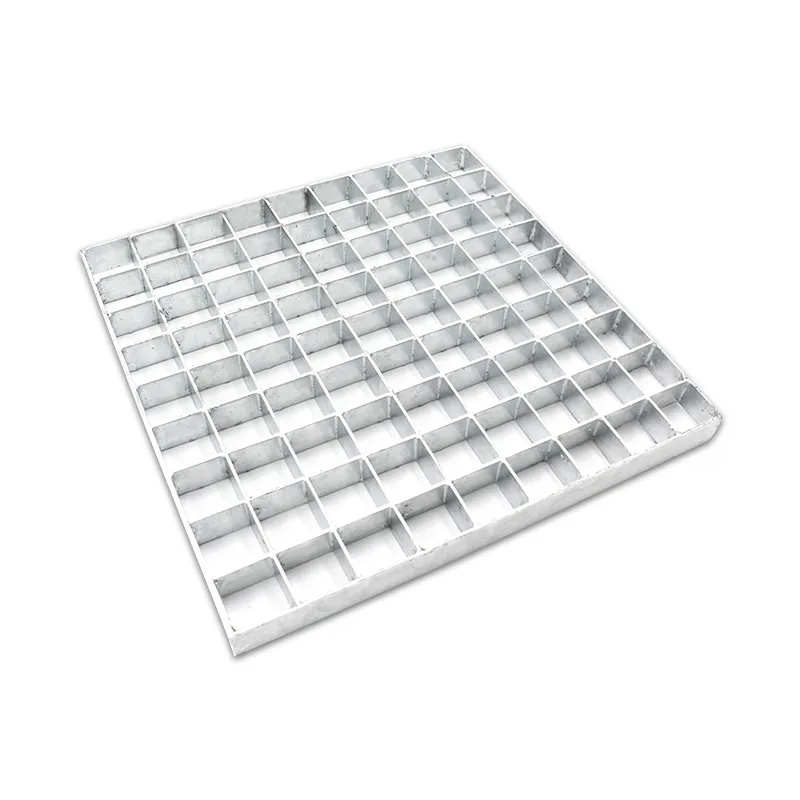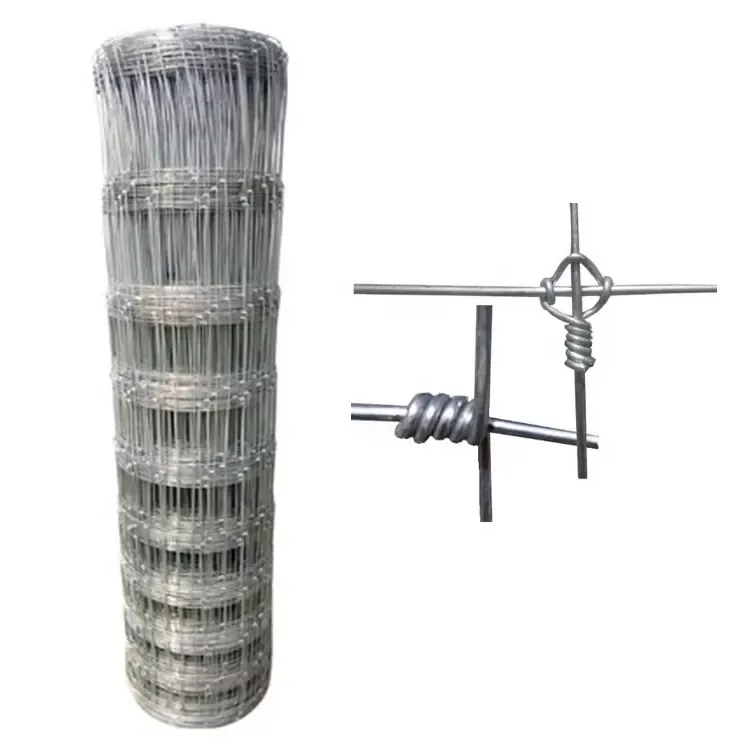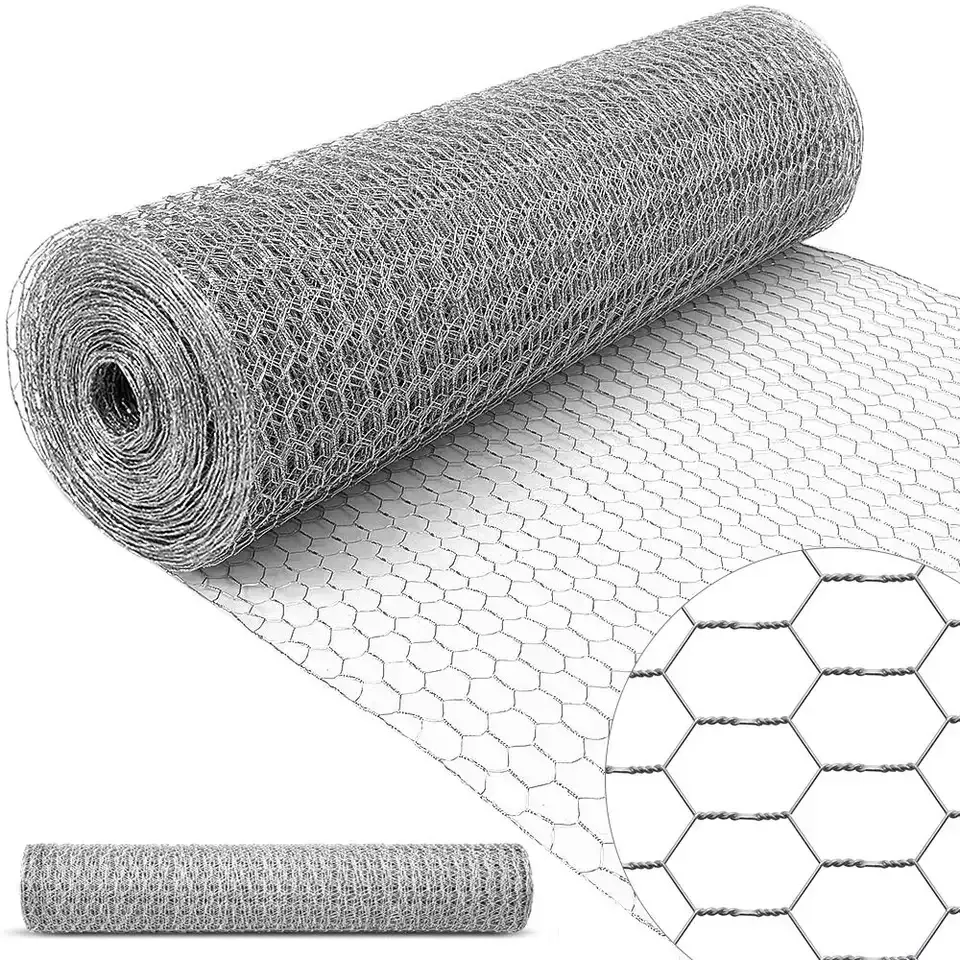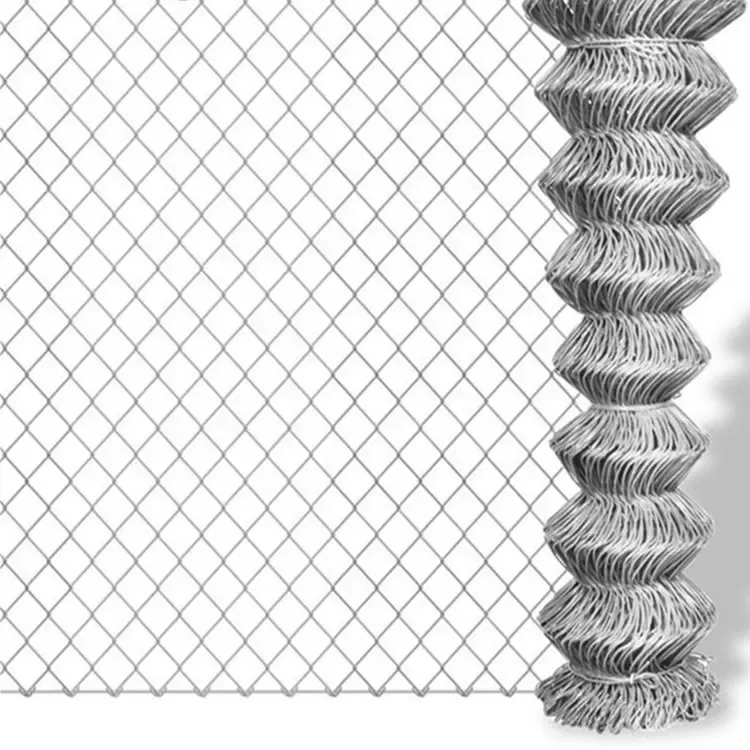
- Afrikaans
- Albanian
- Arabic
- Armenian
- Azerbaijani
- Basque
- Belarusian
- Bengali
- Bosnian
- Bulgarian
- Croatian
- Czech
- Danish
- Dutch
- English
- Esperanto
- Estonian
- Finnish
- French
- Galician
- Georgian
- German
- Greek
- hawaiian
- Hindi
- Hungarian
- Indonesian
- irish
- Italian
- Lao
- Latvian
- Lithuanian
- Luxembourgish
- Macedonian
- Maltese
- Myanmar
- Norwegian
- Polish
- Portuguese
- Romanian
- Russian
- Serbian
- Slovak
- Somali
- Spanish
- Swedish
- Thai
- Turkish
- Turkmen
- Vietnamese
дец . 09, 2024 18:03 Back to list
Exploring the Benefits and Uses of Gabion Rock Structures in Modern Construction
The Versatility and Importance of Gabion Rocks
Gabion rocks have emerged as a versatile and effective solution for various engineering projects and environmental management strategies. The term gabion comes from the Italian word gabbione, meaning big cage. These mesh wire cages filled with rocks or stones serve numerous purposes, ranging from erosion control to landscaping, and even in artistic endeavors. This article explores the significance, applications, and advantages of gabion rocks in contemporary construction and design.
What Are Gabion Rocks?
Gabion rocks are essentially rock-filled wire mesh cages. These cages are typically made of steel or other corrosion-resistant materials. The rocks used can range from small stones to larger boulders, depending on the application and desired strength. The design of gabion structures allows for permeability, promoting water drainage and reducing hydrostatic pressure, making them ideal for various scenarios, particularly where managing water flow is crucial.
Applications of Gabion Rocks
1. Erosion Control One of the most common uses for gabion rocks is in erosion control. Riverbanks and slopes are susceptible to erosion due to water runoff. Gabions can be strategically placed along these areas to create barriers that absorb and dissipate the energy of flowing water, thereby preventing erosion.
2. Retaining Walls Gabions are also employed as retaining walls. These structures can hold back soil and reduce the risk of landslides in areas with steep terrain. Gabion retaining walls are flexible and can adapt to various soil conditions, making them a popular choice among engineers.
3. River Management In waterway management, gabion rocks are utilized to stabilize riverbanks, control sedimentation, and create habitat for aquatic life. They help maintain the natural flow of rivers while providing a stable environment for plants and wildlife.
4. Landscaping Features Gabion rocks have gained popularity in landscaping projects due to their aesthetic appeal and functionality. They can be used to create decorative walls, seating areas, and planters, blending functionality with beauty. Garden designers often incorporate gabions to provide texture and structure to outdoor spaces.
gabion rock
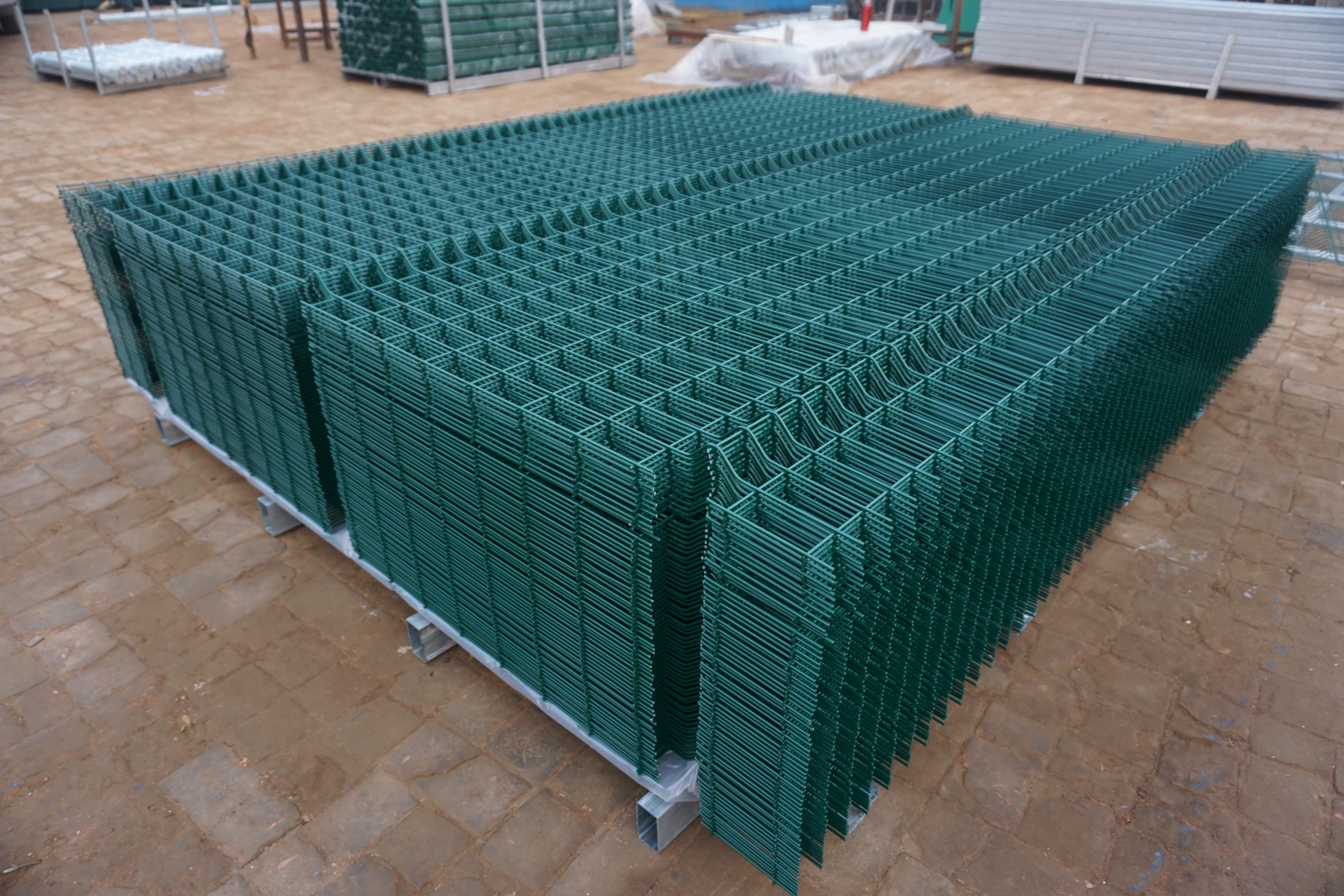
5. Flood Control In flood-prone areas, gabions can serve as barriers to manage floodwaters. Their ability to absorb and redirect water makes them a suitable option for protecting properties and infrastructure during extreme weather events.
Advantages of Gabion Rocks
Gabion rocks offer several advantages that make them an appealing choice for civil engineering and landscaping projects
- Cost-Effective Gabion structures can be less expensive than traditional building materials, especially when locally sourced stones are used. Their simplicity in design allows for quicker installation, reducing labor costs.
- Durability Made from strong materials that resist corrosion, gabion rocks have a long service life. This durability ensures that they can withstand the elements, making them suitable for both temporary and permanent solutions.
- Environmental Benefits Gabions promote biodiversity by providing habitats for various species. Their permeable nature allows water to flow through, minimizing the disruption of natural water cycles and supporting local ecosystems.
- Aesthetic Versatility Gabion structures can be tailored to fit various design preferences. Whether for a rustic garden style or a modern architectural project, gabions can seamlessly integrate with a range of aesthetics.
Conclusion
In conclusion, gabion rocks represent a dynamic solution for addressing various challenges in civil engineering, landscaping, and environmental management. Their adaptability, cost-effectiveness, and environmental benefits make them a preferred choice for many projects. Whether used to prevent erosion, create stunning landscapes, or manage water flow, gabion rocks continue to prove their worth in modern construction and design. As we look to the future, the ongoing development and innovative uses of gabion technology will undoubtedly play a crucial role in sustainable building practices and environmental protection efforts.
-
Versatile Sheep and Livestock Hurdles for Sale
NewsApr.14,2025
-
The Rise of BRC Fencing
NewsApr.14,2025
-
High-Quality Cattle and Horse Panels for Sale
NewsApr.14,2025
-
Durable Cattle Fencing Solutions
NewsApr.14,2025
-
Double Wire Fencing Solutions
NewsApr.14,2025
-
360 Degree Protection with 358 Anti-Climb Fences
NewsApr.14,2025



